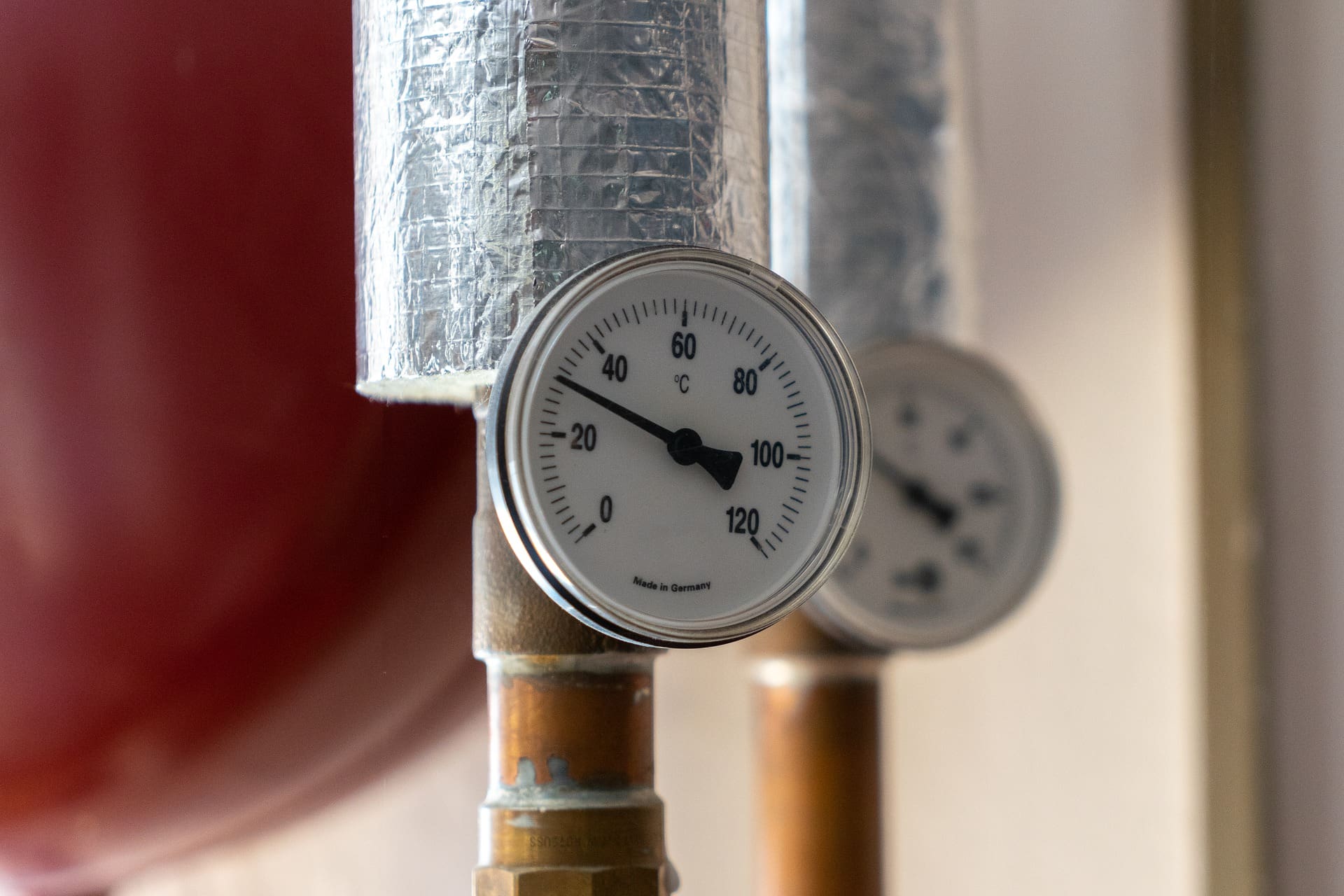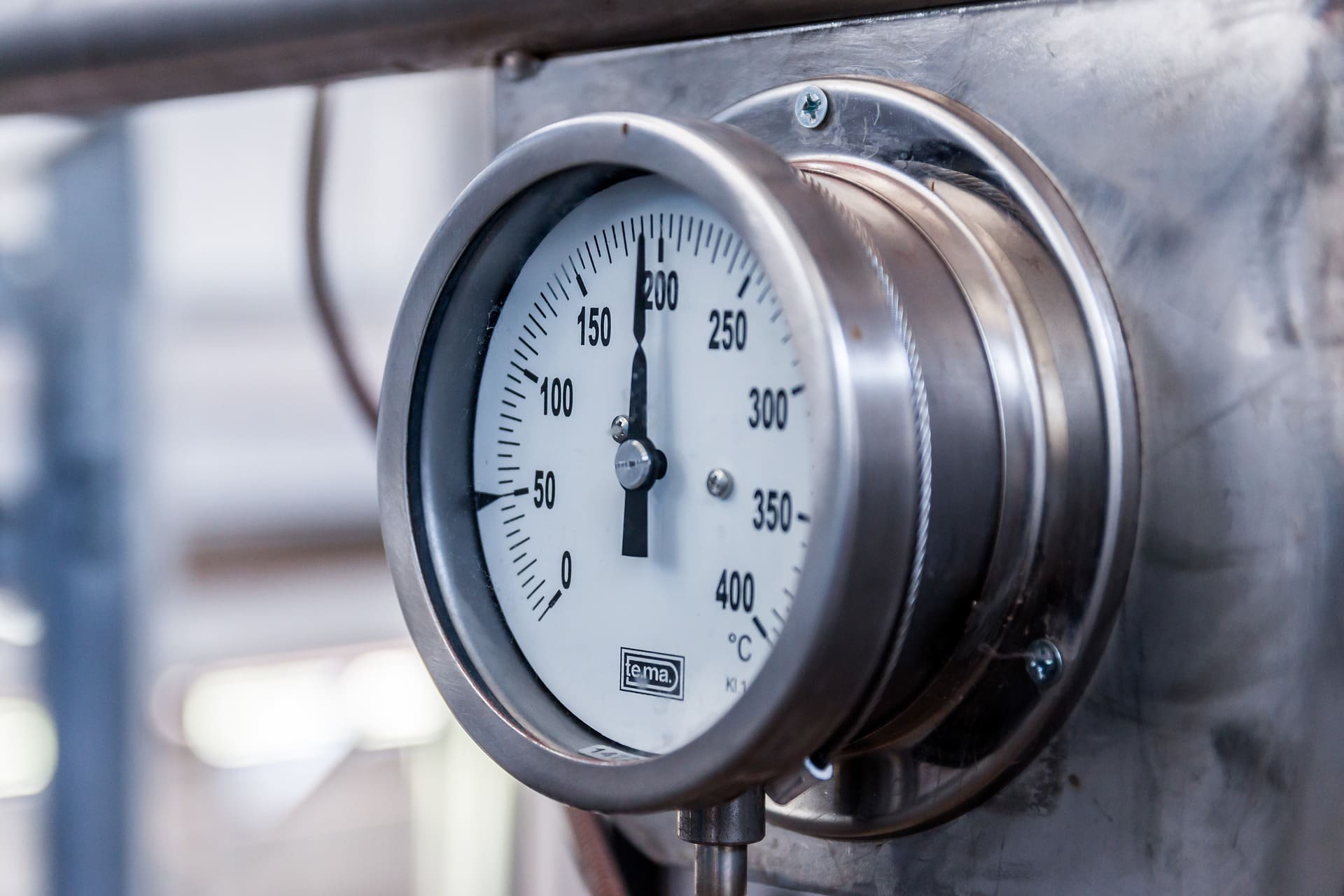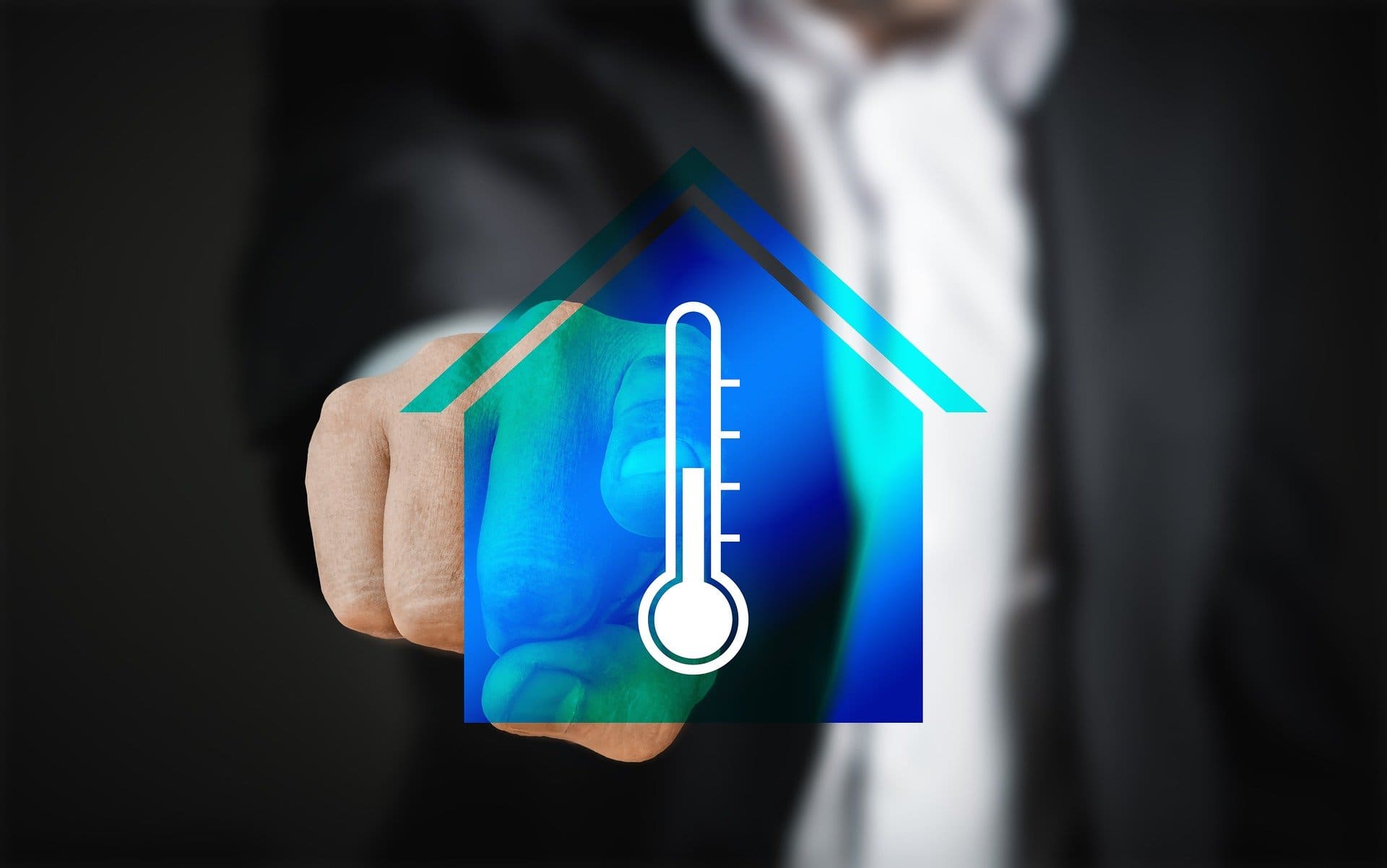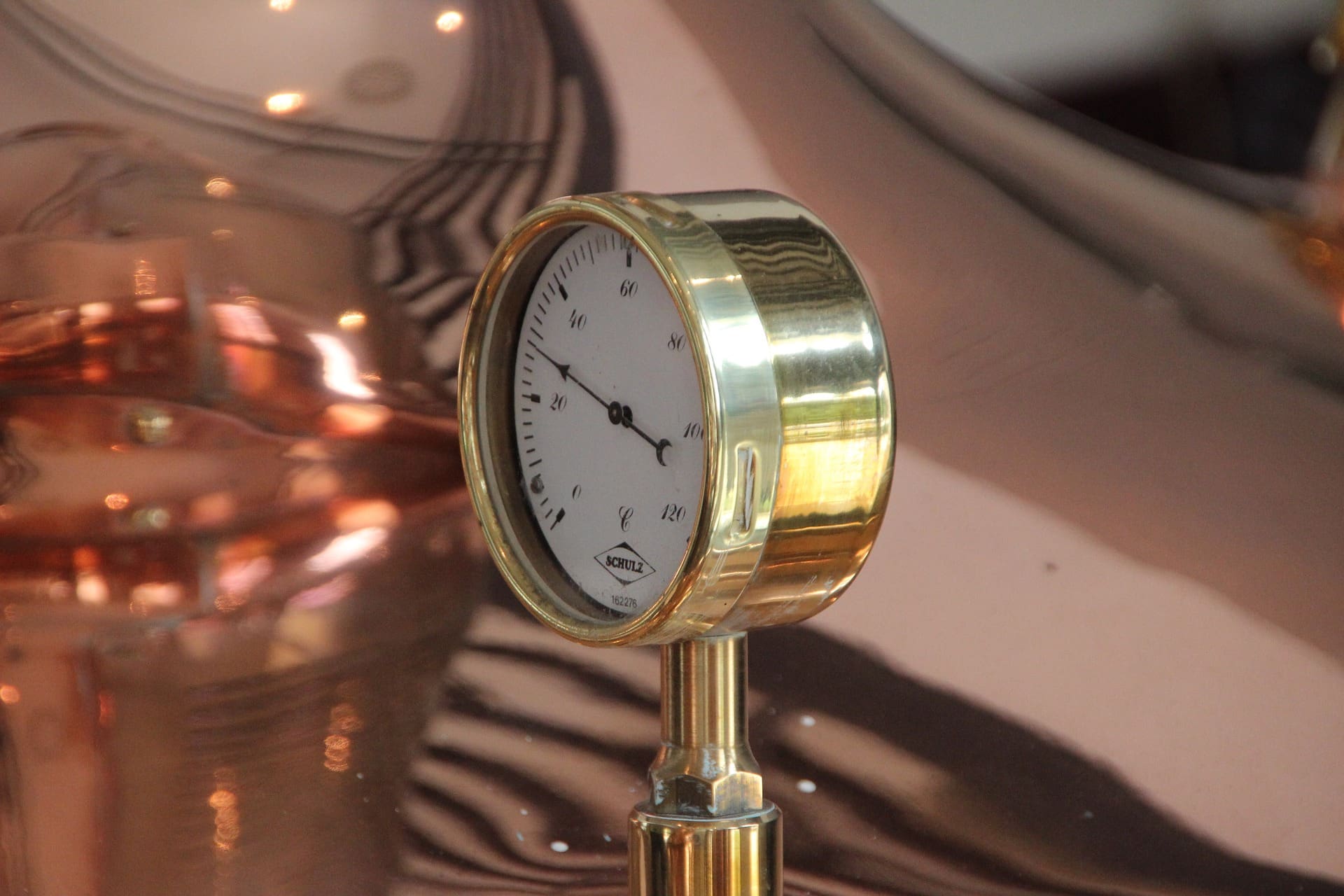You may be buying a new boiler to replace your old one or considering making the switch to a boiler from another type of heating system, but then you look at the market and realise there are so many options to choose from.
Image by Tom Builder from Pixabay
Should you get a gas boiler, oil boiler, or electric boiler? Should it be condensing or non-condensing? Sealed combustion or non-sealed combustion? There are a ton of variations when it comes to boilers. How are you supposed to know which one is best for your home?

Well, look no further because this list has all your basic boiler questions covered. Have a read to know what to look out for when purchasing a new boiler.
Boiler types
As the name implies, boilers work by boiling water, and the resulting steam or hot water travels through pipes across your home and into radiators, which heat your rooms. To boil water, you need fuel or electricity, and most boilers use either gas, oil, or electricity.
- Gas. Highly efficient but potentially expensive if your area doesn’t have a gas pipeline
- Oil. A good alternative if your location doesn’t have a gas pipeline, but you’ll need to purchase oil once the supply runs low
- Electric. More energy-efficient than fuel boilers, and you don’t need to worry about not having a gas pipeline or continuously buying oil. However, these are more expensive to operate due to how high electricity costs compared to fuel.

Boiler features
Boilers can either be condensing or non-condensing and have either sealed or unsealed combustion. The best option is a condensing, sealed combustion boiler due to how condensing boilers can generate heat even while operating at lower temperatures. Sealed combustion boilers are safer to use because the dangerous gases often involved in combustion won’t seep into your home.
Other things to consider
Besides the fuel type and features, you also need to consider other factors like size, energy efficiency, and maintenance costs. There’s a wide range of sizes available for boilers, from smaller, more compact units, to units that come with large fuel tanks. When buying, you’ll need to check if your desired model will even fit in your house. In terms of energy efficiency, boilers are given an annual fuel-utilisation-efficiency score, which lets you know how efficient they are.

A higher score may imply a higher price tag, but it also means more savings in terms of fuel or electricity. You should also take maintenance costs into account. Most fuel boilers need annual maintenance to prevent soot build-up and ensure they’re not leaking toxic gases. Electric boilers don’t require as much maintenance.As with all appliances, you need to research well to ensure that the model you end up buying is the most suitable one for your needs and budget. If you’re not sure about where to start looking, you can reach out to a boiler Lancashire company for a wide variety of boilers to choose from. They also have installation services included with the purchase of the unit.







